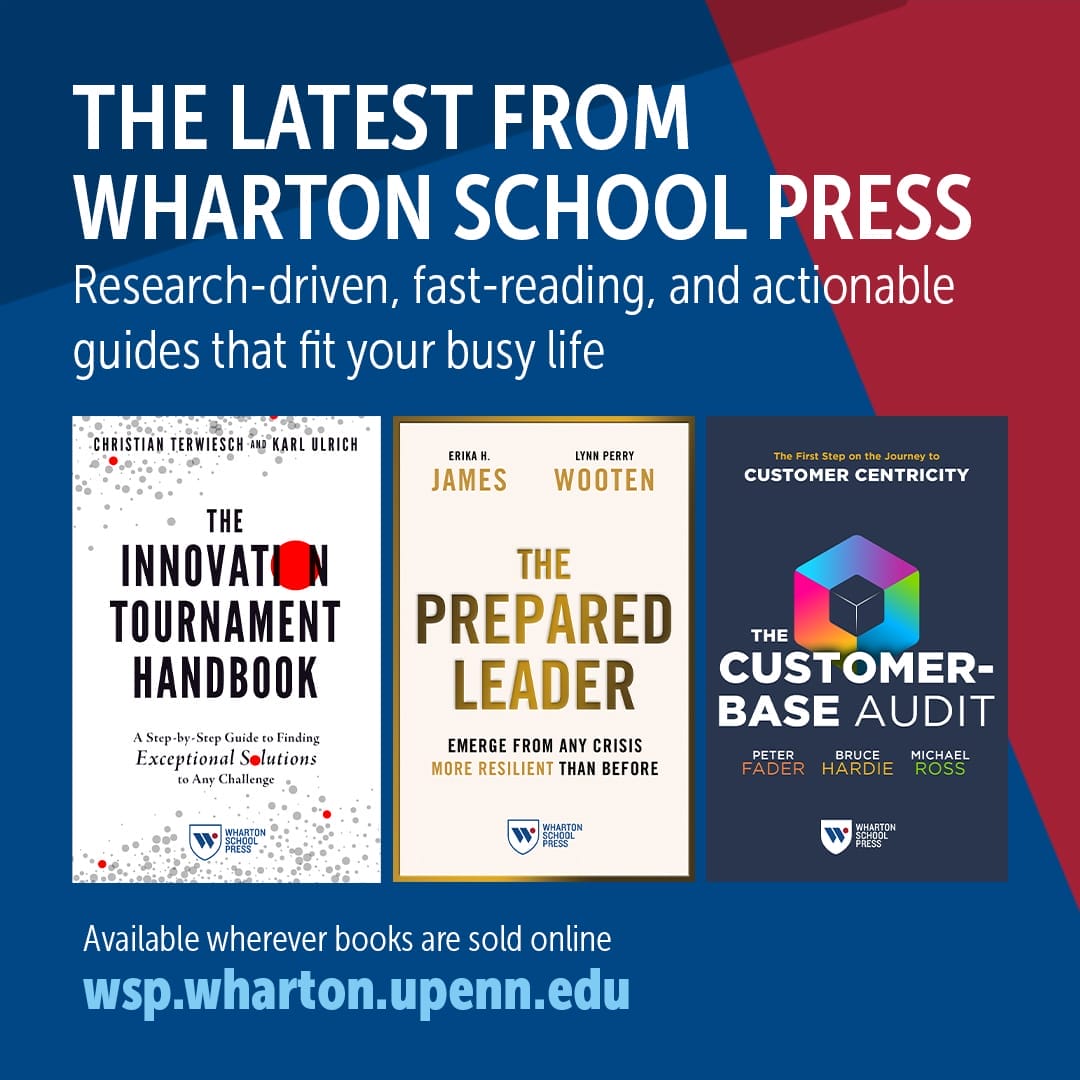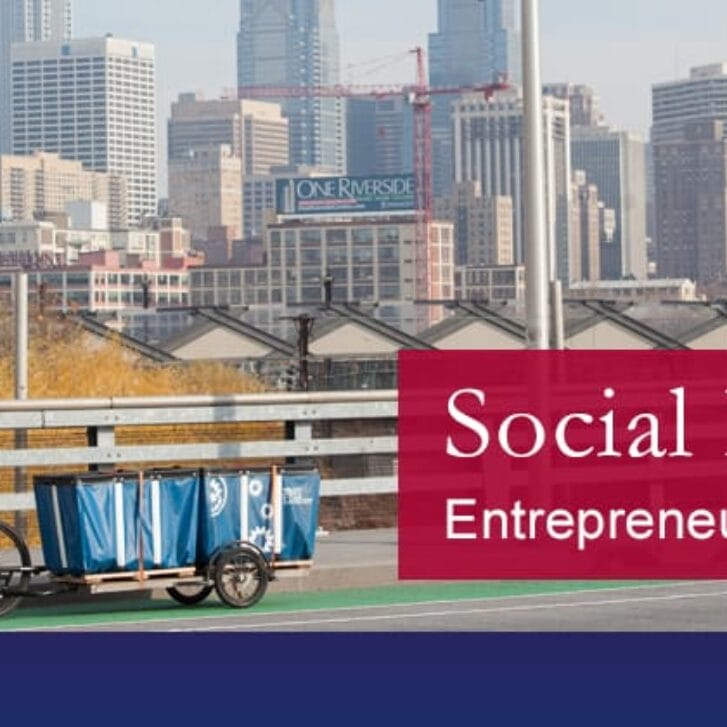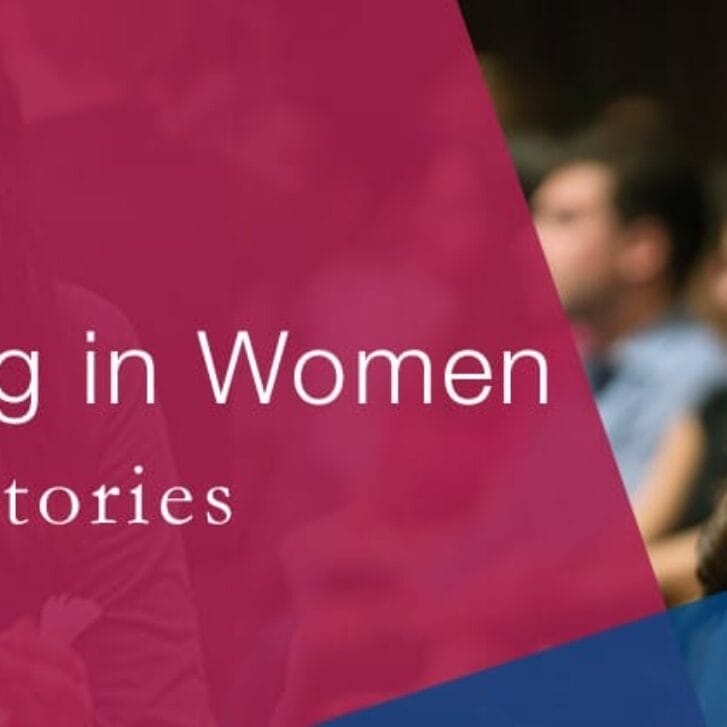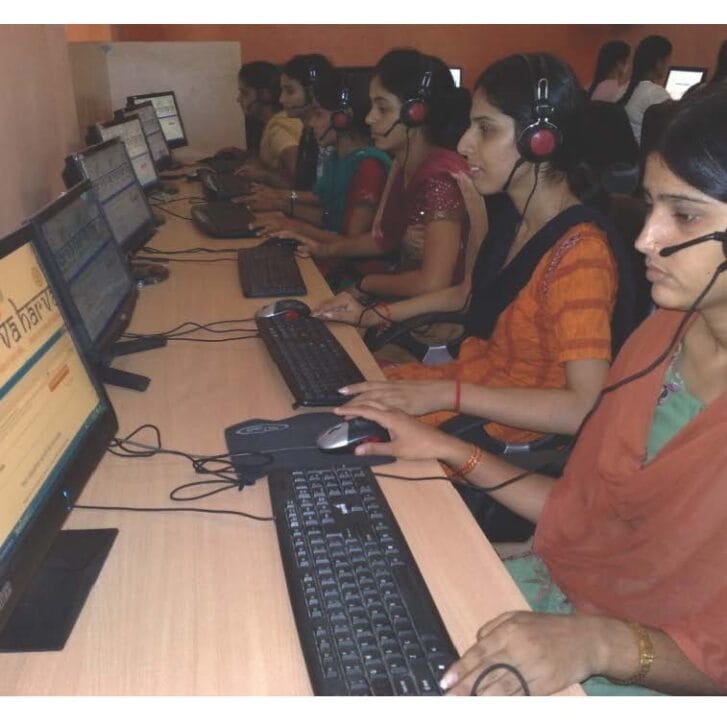“I grew up in Hong Kong in a very different education environment, where you aren’t asked to be creative or solve problems, but to memorize,” says Vikki Tam, C’92, WG’98. “Coming to the U.S., my big questions were: Can I be successful here? What kind of career can I aspire to?”
Wharton gave her to the tools to answer those questions. Tam has played a pivotal role at Bain & Company, where she serves as a partner and head of the Boston-based firm’s Global Development Practice. She is also a leader within the firm’s Social Impact Practice.
Tam’s primary focus is leading two of Bain’s global pro bono partnerships—with Endeavor, a global nonprofit focused on catalyzing long-term economic development in emerging and developed markets through high-impact entrepreneurship, and Acumen, a nonprofit who invests in breakthrough social enterprises to tackle global poverty.
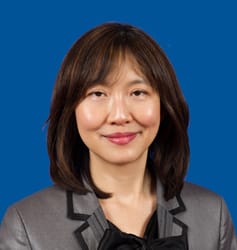
Vikki Tam, C’92, WG’98
It’s no surprise that her career has led her to collaborate with stakeholders making an impact across the world. Tam’s personal history has been shaped by long stints in China, Japan, Australia, UK and the US, including time living and studying with students from countries around the world; these experiences not only helped her to develop “a flexibility to operate effectively in different environments” and a sensitive curiosity about different cultures, it also nurtured a lifelong interest in global development.
While at Wharton, Tam joined Bain as a summer associate and began her career as a full-time consultant after earning her MBA; seven years later, she became a partner in Bain’s Greater China office based in Shanghai. During that time she led successful technology, media, and telecom engagements in the Asia-Pacific region, advising international clients from Beijing to Tokyo.
During her time in Shanghai, Tam also led a multiyear relationship with the Jet Li One Foundation, China’s first non-government public foundation.
“At the time, the philanthropic sector [in China] was still fairly nascent, so One Foundation was founded with a philosophy of cultivating a culture of giving,” explains Tam. “It’s a very progressive nonprofit and one of the most effective organizations in providing disaster relief in China.”
The experience of working with the foundation spurred a period of reflection for Tam.
In 2010, she moved back to New York and took time to consider where she wanted to focus her energy.
“I decided to apply my consulting skills and talent to something I personally feel very passionate about: the nonprofit space, and particularly global development,” says Tam. “This came at a time when Bain was doubling down on a couple of areas in social impact.”
Global development is one of two firm-wide priorities for Bain.
“It’s a very broad space and there are a lot of organizations focused on a number of different ways to address global poverty. We’ve chosen to focus on partnering with innovators who use entrepreneurship or entrepreneurial models to drive sustained social and economic change,” she said.
After relocating to New York, Tam helped drive the Endeavor-Bain partnership agenda, which includes strategy and operationalization support, externship programs, entrepreneur selection and mentorship, and IP collaboration.
Bain also partnered with Acumen (formerly the Acumen Fund) through its pro bono consulting program, with a focus on improving its organizational effectiveness; the resulting plan helped refine some of Acumen’s most critical processes, including implementing a more transparent investment process.
“Our focus is very much about helping [Endeavor and Acumen] become more effective organizations—we help them think through their strategy and operating models, so that they can be more effective in what they do, and importantly, develop the repeatable models necessary to scale,” explains Tam.
When it comes to social entrepreneurship, or “intrapreneurship”—the concept of driving innovation and social change from within a large or traditional organization—she hopes that today’s business students recognize the power they have to make a difference.
“Recognize that the platform for social impact can be much broader than the nonprofit world,” she says. “You can drive social change even within a corporate environment. Also, the skills, perspectives and experiences you can acquire in the corporate world can often help you be more effective in the social sector.”
“I think the important thing is to build the right set of skills and find or create the right platform for yourself, at different stages of your life, to make a difference.”
Editor’s note: This story was originally published on the WSII blog on March 3, 2014. For the full post, visit: http://socialimpact.wharton.upenn.edu/impact-story/alumni-impact-story-vikki-tam-wg98/.





















